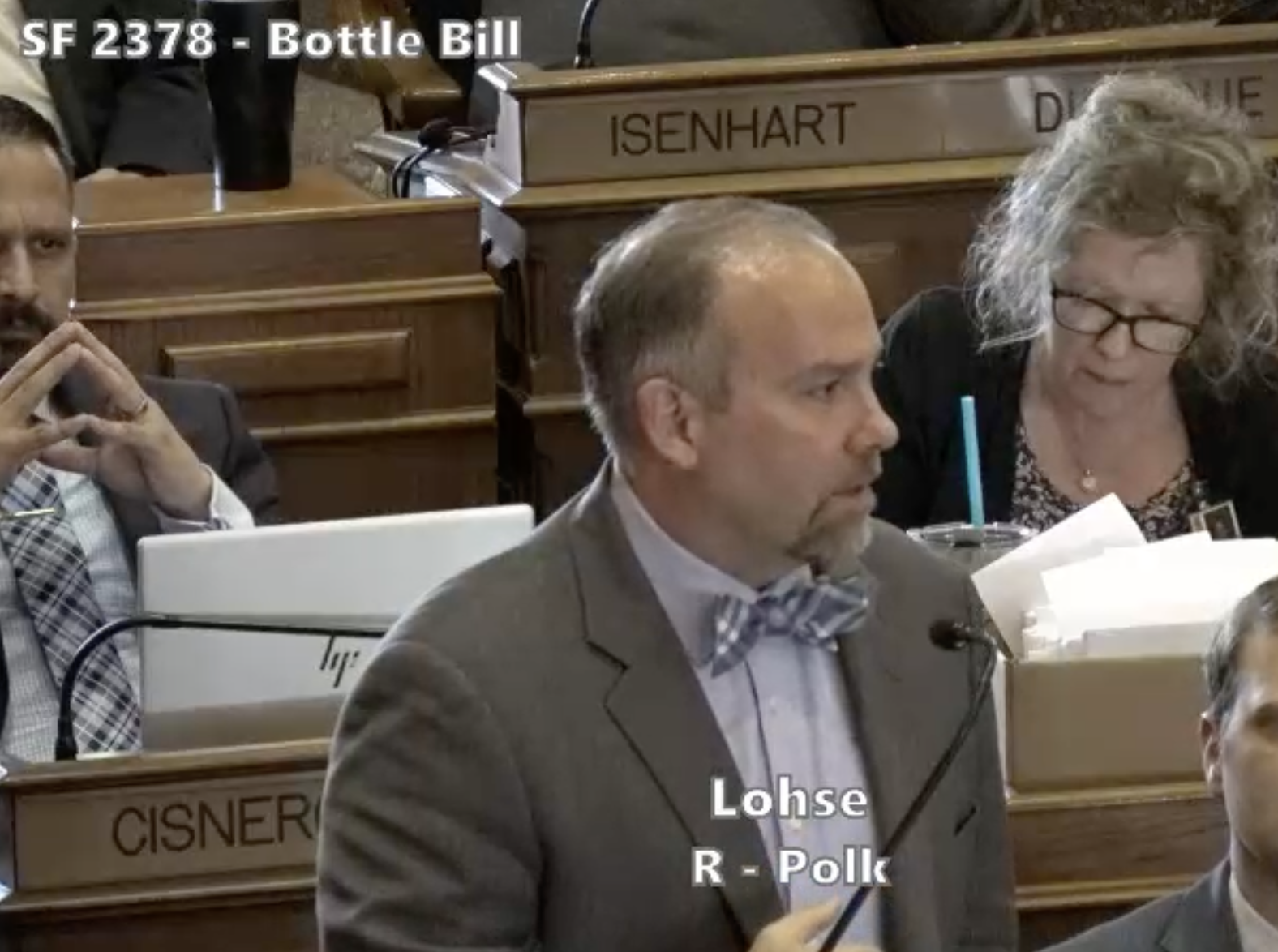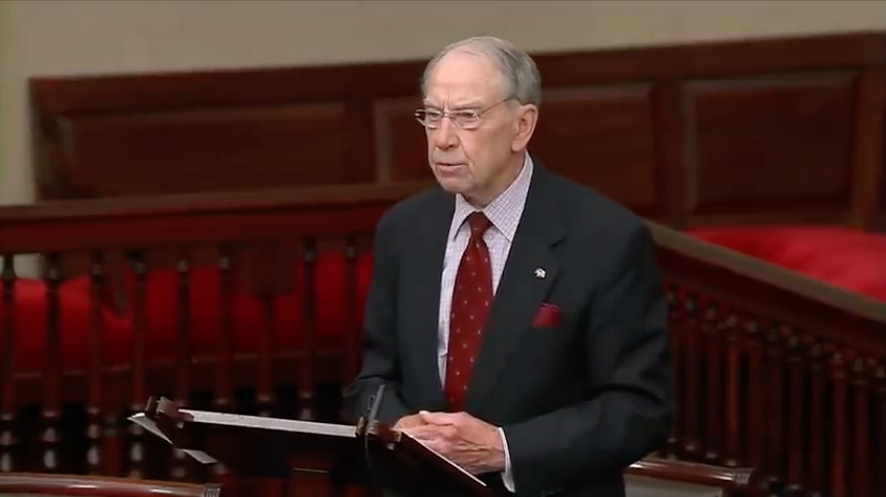Anesa Kajtazovic: Admiral Mike Franken has decades of experience, which we need at this critical moment in history.
As a child war survivor, I never imagined I would see what’s happening in Europe today: countries going through old tunnels to prepare “just in case,” military exercises, and food shortage concerns. NATO soldiers are walking on the streets of my native country of Bosnia as fears of another conflict emerge. The people haven’t seen soldiers on the ground since the last war in the 1990s.
Many people have asked me: “I’m praying for Ukraine, what else can we do to help?”
My response: Vote! Vote for candidates who will support NATO and America’s leadership in the world.
Continue Reading...



















